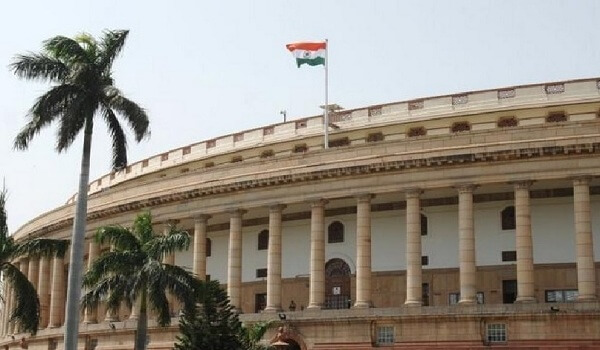The Multi-State Cooperative Societies (Amendment) Bill, 2023′ was passed. Minister of State for Cooperatives B.L. Verma introduced the Multi-State Co-operative Societies (Amendment) Bill, 2023 for consideration and passage in the Rajya Sabha, where it was passed by voice vote. The Bill was approved by the Lok Sabha on July 25, 2023. Mr. Verma said that, the Bill provides criteria for appointment of employees. It ensures that the practice of no nepotism exists. It aims to strengthen the working of cooperatives by making them more transparent. Given that there is a limit to the private sector when it comes to job creation He said that the cooperative sector can increase jobs as the government is strengthening cooperatives by expanding their area of operation in areas like LPG and petrol pump dealerships.At present there are about 8.6 lakh cooperatives in the country, out of which active primary Agricultural Cooperative Societies (PACs) are around 63,000. Mr. Verma said that India’s goal of becoming a $5 trillion economy cannot be achieved without the progressive role of the cooperative sector.
Highlights of the Bill
1.Co-operative Election Authority’
- The bill amends the ‘Multi-State Co-operative Societies Act, 2002’. It sets up the ‘Cooperative Election Authority’ to conduct and supervise elections to the boards of multi-state cooperative societies.
- A multi-state co-operative society will require prior permission of the government authorities before withdrawing its shareholding.
- A ‘Cooperative Rehabilitation, Reconstruction and Development Fund’ will be set up for the revival of sick multi-state cooperatives. This fund will be financed through contributions from profitable multi-state cooperatives.
- The Bill allows state co-operative societies to merge with an existing multi-state co-operative society under the respective state laws.
2. Election of the members of the Board-
- Under the Act, the board of a multi-state co-operative society is elected by its existing board.
- The Bill amends this to specify that the central government shall establish a Co-operative Election Authority to: (i) conduct such elections, (ii) supervise, direct and control the preparation of electoral rolls, and (iii) perform such other functions as may be prescribed. Will work The Authority shall consist of a Chairman, Vice-Chairman and three members appointed by the Central Government on the recommendations of the Selection Committee.
3. Integration of cooperatives
- The Act provides for amalgamation and demerger of multi-state co-operative societies.
- This can be done by passing a resolution at a general meeting with at least two-thirds of the members present and voting.
- The Bill allows state co-operative societies to merge with an existing multi-state co-operative society under the respective state laws.
- At least two-thirds of the members of the co-operative society present and voting at the general meeting shall pass a resolution allowing such merger.
4. Fund for sick co-operative societies-
- The Bill sets up a Cooperative Rehabilitation, Reconstruction and Development Fund for revival of sick multi-state cooperatives.
- A sick multi-state co-operative society is one which: (i) has accumulated losses equal to or more than the aggregate of its paid-up capital, free reserves and surplus (ii) has incurred cash losses in the preceding two financial years.
- The Central Government may prepare a scheme for rehabilitation and reconstruction of the society.
- The multi-state cooperative societies which are in profit for the last three financial years will finance the fund. They will deposit either Rs 1 crore or one per cent of their net profit, whichever is less, in the fund.
5. Restrictions on Redemption/Release of Government Shareholding-
- The Act provides that shares held by certain government officials in a multi-state co-operative society can be redeemed on the basis of the bye-laws of the society.
- These government authorities include: (i) the central government, (ii) state governments, (iii) the National Cooperative Development Corporation, (iv) a corporation owned or controlled by a government, or (v) a government company. The Bill amends this to provide that no shares held by the Central and State Governments can be redeemed without their prior approval.
6. Redressal of complaints-
- According to the Bill, the central government will appoint one or more cooperative ombudsmen with territorial jurisdiction.
- The Ombudsman will inquire into complaints made by members of multi-state co-operative societies with respect to: (i) their deposits, (ii) equitable benefits of the functioning of the society, and (iii) issues affecting the individual rights of the members.
- The Ombudsman shall complete the process of investigation and decision within three months of receipt of the complaint.
- Appeals against the directions of the Ombudsman can be filed with the Central Registrar (who is appointed by the Central Government) within one month.

